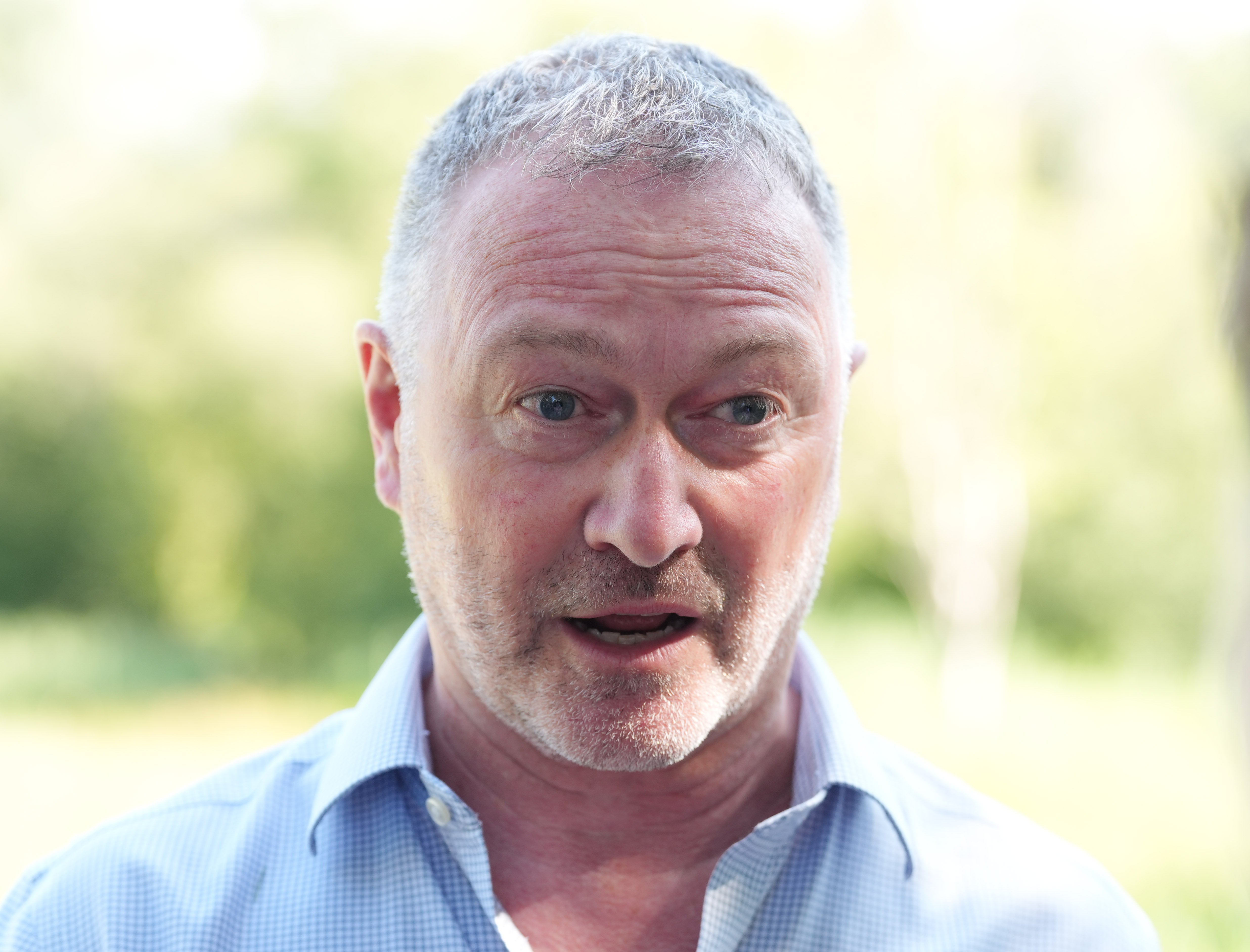The water regulator should be scrapped and replaced with a single body to restore trust in the beleaguered industry, a landmark review has concluded.
Ministers should ditch Ofwat and simplify the system with a powerful regulator looking at every area, according to the Independent Water Commission’s final report.
The report, led by former Bank of England deputy governor Sir Jon Cunliffe, recommended far-reaching changes to the way the water system is regulated as it called the current landscape “fragmented and overlapping”.

In its 88 recommendations, scrapping Ofwat in favour of one powerful regulator is the most significant change to the sector.
It also advised removing the regulatory roles of the Environment Agency and Natural England, which monitor the sector’s impact on nature, such as companies illegally dumping sewage into waterways.
The current system has faced intense criticism for overseeing water companies during the years they paid out shareholders and accrued large debts while ageing infrastructure crumbled and sewage spills skyrocketed.
Following the publication of his report, Sir Jon warned water bills will rise by almost a third by the end of the decade.
He told BBC Breakfast: “Bills are going to rise by 30% over the next five years. There are some inescapable facts here. The cost of producing water and dealing with our wastewater is going up. Climate change, higher environmental standards, demographic pressure, the population is going up. Just that need to renew ageing infrastructure.
“The problem comes when you suddenly go from not investing for a long period, to massive investment, in order to catch up. That’s really what’s driven those huge bill increases that we’ve seen.
“We need to help the most vulnerable, we also need to smooth that over a long period so that people can cope with the higher costs of water. And the regulators have a really important job in squeezing efficiency, incentivising the companies to be more efficient.”
Environment secretary Steve Reed on Sunday said Ofwat was “clearly failing”, in a sign he will accept the recommendation to axe it.

He will also create a new, legally binding water ombudsman, expanding the role of the voluntary Consumer Council for Water and bringing the sector into line with other utilities.
And over the weekend, Mr Reed committed to halving sewage pollution in England’s rivers by 2030 thanks to a £104 billion investment from the sector in upgrading infrastructure.
Other recommendations from the commission include stronger consumer advocacy, nine new regional water authorities to deliver on local priorities, significant improvements to environmental regulation and tighter oversight of company ownership and government.
The regional authorities – eight in England and one national authority in Wales – would see current planning responsibilities devolved and resources from regulators transferred to ensure investments reflect local priorities and voices.
It comes after nearly nine months of the commission analysing, researching and engaging with more than 50,000 responses to its call for evidence.
Sir Jon said: “Restoring trust has been central to our work. Trust that bills are fair, that regulation is effective, that water companies will act in the public interest and that investors can get a fair return.
“Our recommendations to achieve this are significant. They include the management of the whole water system, regulation of the water industry, the governance and financial resilience of water companies and a stronger voice for local communities and water customers.
“In this report I have considered what is best for the long-term future of water.
“This is a complex sector with a highly integrated system, responsible for the second-largest infrastructure programme in the UK.
“Resetting this sector and restoring pride in the future of our waterways matters to us all.”In countless conversations in the last nine months I have been struck by the urgent need and passion for change.”Doing this will require hard work, strong leadership and sustained commitment. But it can and must be done.”
The report also shares recommendations on implementation, including which reforms can be delivered in the short term and which require new primary legislation.
In a speech responding to Sir Jon’s report later on Monday, the Environment Secretary is set to welcome the commission’s recommendations to ensure “the failures of the past can never happen again”.




